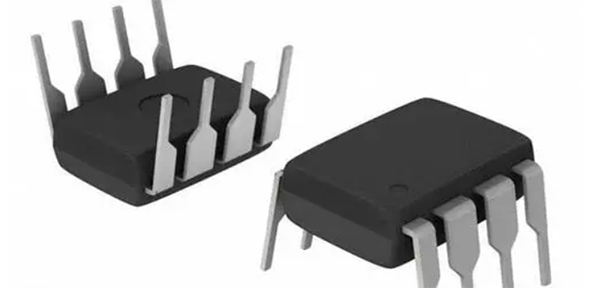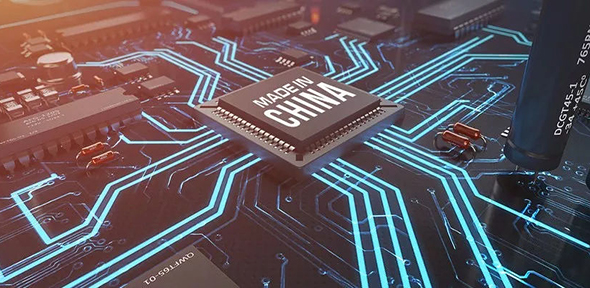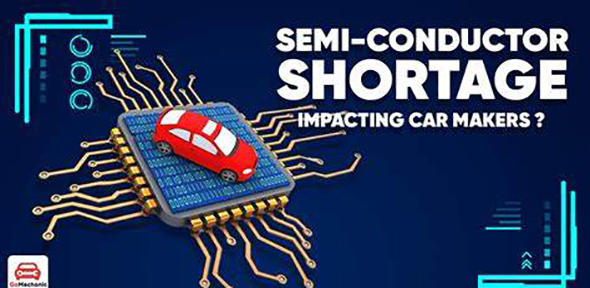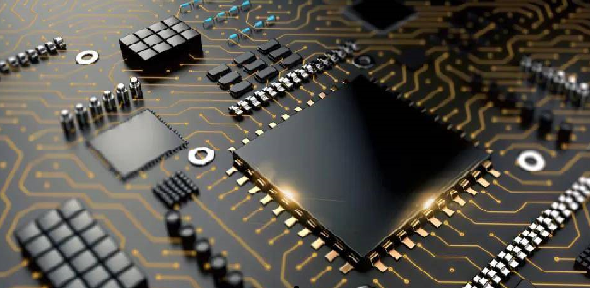What is a ChatGPT?
ChatGPT is a conversation language model developed by OpenAI. It is based on the GPT (Generate Pre-trained Converter) architecture and trained on a large amount of conversation text data. ChatGPT aims to generate human-like responses that match natural language queries to help answer questions, provide information and facilitate human-machine communication. ChatGPT is the sister model to InstructGPT, a model that provides detailed answers based on instructions in a prompt.
What are the features of ChatGPT?
Massive : ChatGPT uses over 10 billion parameters, which is more than 10 times larger than the previous largest conversation model. This allows it to capture more language knowledge and conversational skills.
Variety : ChatGPT is able to generate multiple possibilities and styles of answers, rather than output only one deterministic and monotonous answer. This allows it to adapt to different themes, scenarios, and user preferences.
Controllability : ChatGPT can adjust the content and form of the answer according to the information provided or implied by the user, such as emotion, politeness, professionalism, etc. This allows it to better meet user needs and expectations.
Interactivity : ChatGPT is able to have a continuous and coherent conversation with the user, rather than just answering a single question or disconnecting. This allows it to establish deeper and more interesting communication.
What are the application scenarios of ChatGPT?
ChatGPT can be used in a variety of scenarios, such as:
Entertainment : ChatGPT can act as a virtual friend or partner, sharing interests, stories and jokes with users.
Business : ChatGPT can act as a virtual customer service or consultant, providing product information, advice and solutions to customers.
Social : ChatGPT can be used as a virtual community or platform to provide users with interaction, support and help.
What are the advantages and disadvantages of ChatGPT?
ChatGPT has several advantages:
Intelligence : ChatGPT has powerful and extensive language understanding and generation capabilities, and can handle a variety of complex and variable conversation tasks.
Flexible : ChatGPT is highly generalized and adaptable, and can be used in various fields and different conversation scenarios.
Friendly : ChatGPT has a good and natural human-computer interaction design to build a trusting and pleasant conversation relationship with users.
What kind of chip does ChatGPT need?
ChatGPT requires high performance and high efficiency chips to support its computing and storage requirements. Currently, the most suitable chips for ChatGPT are Gpus (graphics processors), specifically Nvidia's A100 GPU chips. Built using a 5nm process, the chip has more than 54 billion transistors and can deliver up to 312 TFLOPS of floating-point computing power and 1.6 terabytes per second of memory bandwidth. In addition, the chip supports a variety of mixed-precision computing modes to optimize performance and power consumption for different tasks and scenarios.
What impact has ChatGPT had on the chip industry?
ChatGPT impacts the chip industry in several ways:
Increased Demand : ChatGPT has attracted widespread attention and adoption as an innovative and practical conversation language model, thus driving the development and expansion of the AI server market. This means that more customers and users will need to buy or lease a server equipped with a GPU chip to run or use ChatGPT. Citigroup estimates ChatGPT could generate $3 billion to $11 billion in sales of Nvidia-related products within 12 months.
Promotes innovation : ChatGPT, as a complex and advanced conversation language model, poses higher challenges and demands for chip designers and manufacturers. This has encouraged them to devote more resources and energy to developing more advanced and efficient chip technologies and processes to meet or exceed the requirements of ChatGPT and its successors or similar models.







